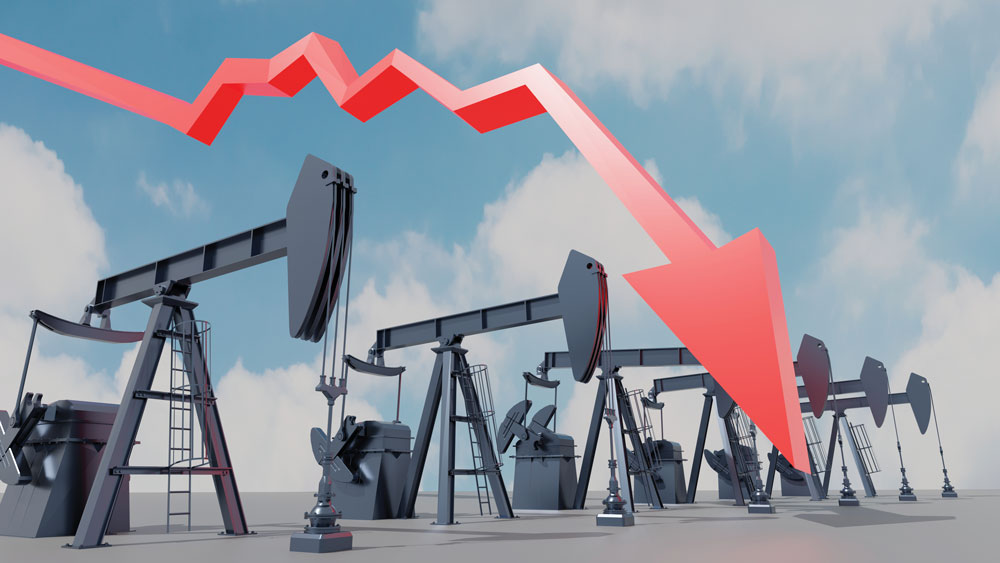
The Day the Crude Futures Market Broke
June 22, 2020
Written By Adam Buckallew
On April 20, the energy market did something we’ve never seen before. Futures on the New York Mercantile Exchange for May contracts of West Texas intermediate crude oil, or WTI, traded to a low of -$40.32 per barrel and settled at -$37.63 per barrel on the same day they were set to expire.
How did this happen? It was a unique situation brought on by three main factors: the way crude oil futures are traded 1,000 barrels at a time, worldwide shutdowns to prevent the spread of the coronavirus and the escalating price war that was being waged between Russia and Saudi Arabia. These three situations contributed to a flood of crude supply. The situation was then exacerbated by enormous demand destruction caused by COVID-19 stay-at-home orders.
Inexperienced Traders Caught Unaware
On the final day to trade May crude futures, traders were scrambling to sell their positions because if they kept them, they would be required to take physical possession of their oil in Cushing, Okla., where storage space was sold out. There were many speculators who were long on these May contracts. It appears not all of them were fully aware of the finer details. These traders essentially got caught in a precarious situation where they were unprepared to take these futures contract to delivery. In other words, they had no choice but to find a way out.
The clock was ticking as these traders were forced to sell these contracts. They say that everyone has a price. We found out what it took to find someone willing to take on these contracts and store the oil. Traders decided it was cheaper to pay someone else to take the oil than store it themselves. Thus, we saw the negative crude prices.
The desperation of offloading these contracts led to an extreme situation. It seems crazy that someone got paid $40 per barrel when the same oil was worth $34 per barrel 20 days later. That’s a nice gain of $74 per barrel. Whether the market should be able to trade negative and whether the CME Group, which oversees crude oil commodity trading, did its job correctly are valid questions.
Negative Crude Futures Aftermath
The uproar around this situation has already led to changes. Many trading companies now require certain clients to be out of the front month of contracts well in advance of the expiration date. A few of the exchange traded funds that were caught up in this situation have gone out of business or closed, and others have changed their rules to avoid falling into the same trouble again. This event caused some real pain from some trading companies and investors.
I’ve heard it said the use of the word “unprecedented” these past few months has been unprecedented. I agree it’s probably been overused, but it’s also the truth. The modern world has never seen anything like what we have recently experienced. The long-term implications are still not fully known. It will be a long, slow grind before we see the energy markets rebalance.
Unless we get a second wave of the virus that is worse than the first, I don’t expect we will see anything like the hard sell-off we saw in April for quite some time. U.S. crude oil production has fallen by a greater amount and faster than anyone expected it could happen. This will affect the energy markets both in the near-term and what we see in the future. Companies have shut down many oil wells and cut exploration budgets. As demand gradually rebuilds, I expect it will outrun production eventually. That will set the table for the next run-up in prices on the other end of this extreme situation.


